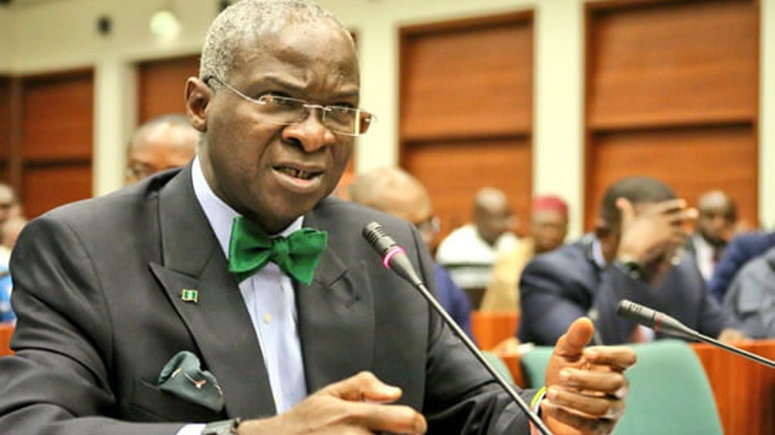- Babatunde Fashola advocates for adjusting Nigeria’s minimum wage to mitigate the impact of rising living costs on workers
- He criticizes exemptions in the National Minimum Wage Act 2019, questioning their effectiveness for small businesses employing vulnerable individuals
Former Minister of Works Babatunde Fashola has emphasized the necessity for reasonable adjustments in Nigeria’s minimum wage to mitigate the impact of rising living costs on workers.
He stated, “When the cost of living increases as it has now, both the lowest and highest income earners are affected differently and therefore deserve reasonable adjustments, whether they earn wages or salaries.”
Fashola, who also served as Lagos State governor, criticized Section 4(1)(b) of the National Minimum Wage Act 2019, which exempts establishments employing fewer than 25 persons from adhering to minimum wage provisions. He questioned the efficacy of such exemptions, particularly for small businesses that employ many vulnerable individuals.
Highlighting constitutional provisions, Fashola noted that while wages and salaries are both forms of compensation, the Act mandates a monthly wage when the National Assembly’s constitutional jurisdiction is over hourly wages. He argued that such discrepancies potentially violate constitutional boundaries and suggested a need for legislative review to align with economic realities.
He further stressed the importance of developing a comprehensive formula to periodically review wages, emphasizing its potential to enhance national productivity and prosperity.
Regarding ongoing minimum wage negotiations, Fashola urged labour law and compensation experts to engage global best practices in their deliberations, emphasizing the need for constitutional amendments to address legislative gaps.
In related developments, organized labour recently commenced industrial action following failed negotiations on a new minimum wage. The labour unions argue that the current ₦30,000 minimum wage is insufficient to meet basic needs amidst economic challenges exacerbated by recent government policies.
Despite recent setbacks in negotiations, President Bola Tinubu has indicated a commitment to addressing labour’s demands, underscoring the government’s ongoing efforts to resolve the impasse and implement a sustainable wage structure.
As discussions continue, stakeholders are optimistic about reaching a consensus that balances economic realities with the welfare of Nigerian workers.
